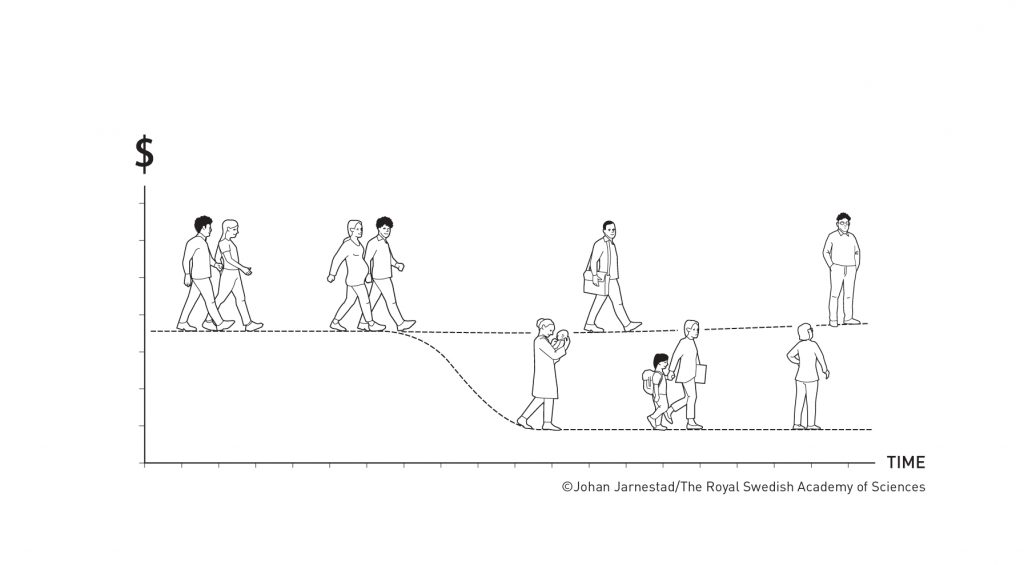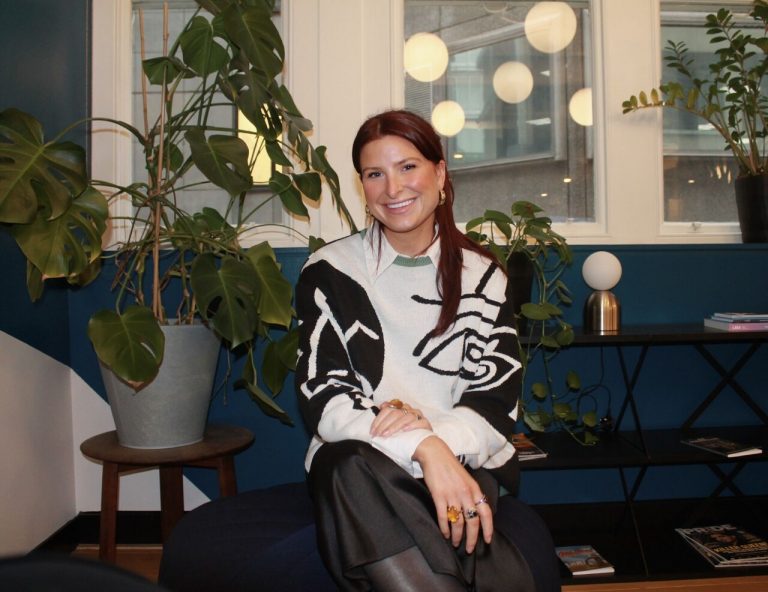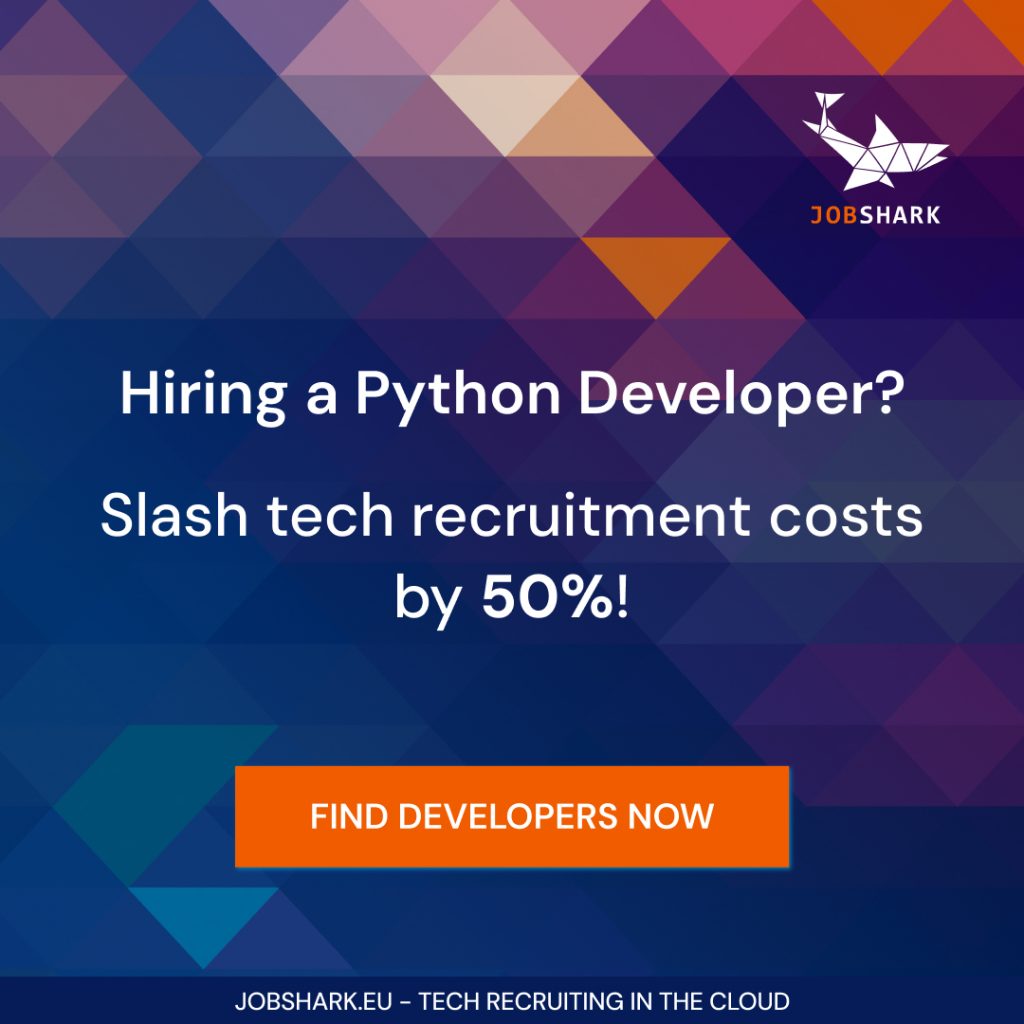One year ago, London-based sisters Amelia and Lydia Miller founded ivee, a platform designed to help women re-enter the workforce after a career break. Their inspiration came from their mother’s struggle to return to work after raising them — a chartered accountant, she spent two years job hunting and ultimately accepted a 60% salary cut in a role that undervalued her skills.
Many working mothers are familiar with this scenario, known as the “motherhood penalty”. Claudia Goldin of Harvard University won the Nobel Prize in 2023 for identifying the “motherhood penalty” — she prefers to use the term “parenthood effect” — as the primary factor contributing to the gender pay gap. In the words of the Royal Swedish Academy of Sciences: “Historically, much of the gender gap in earnings could be explained by differences in education and occupational choices. However, Goldin has shown that the bulk of this earnings difference is now between men and women in the same occupation, and that it largely arises with the birth of the first child.”

The importance of caregiving for children is undeniable; without it, there will be no future workforce. However, caregivers returning from career breaks rarely receive the kind of institutional support afforded, for example, to military veterans — despite having performed a role just as vital to society. This disparity reveals a deeper cultural blind spot: we are more willing to reward service that’s public and formal, while continuing to undervalue service that is quiet, domestic, unpaid, and overwhelmingly done by women.
In the interview below, ivee’s co-founder Amelia Miller, also a psychologist from the University of Cambridge, emphasizes that care work holds society together — and calls for a cultural shift in how companies and governments support those returning to work. She discusses building ivee as a platform to reframe career breaks as assets, not liabilities. As she puts it, “We have to stop treating career breaks like a red flag. People grow, not stall, during time away from work — especially caregivers.”
Amelia also explores the burden of summer childcare, which has been draining the finances of working parents in many countries, and critiques the UK’s current parental leave structure, where new fathers are legally entitled to just two weeks off work: “We need a model like Sweden’s, where leave is non-transferable and incentivized equally for both parents. That’s actually how you shift norms — not by offering “shared leave” that’s rarely taken because it’s financially unviable for dads, or they get judged by their team and manager!”
Below is a conversation about overlooked talent, structural failures, and the urgent need to change paradigms — building workplaces that work for everyone.
TechTalents Insights: ivee recently celebrated its first anniversary — congratulations! Looking back on this first year, what’s your take on the journey so far? Any surprises, lessons, or milestones that stand out?
Amelia Miller: Thank you! Honestly, building ivee has been the most challenging and rewarding thing I’ve ever done. When Lydia and I launched a year ago, we had a big vision — and no idea just how quickly the world would wake up to the urgency of return-to-work solutions.
We’ve grown to over 66,000 users with zero B2B churn, partnered with brands like Deliveroo, and proven that there’s both a human and commercial case for investing in returners. One surprise has been the sheer volume of companies that came to us saying, “We’ve been trying to reach this talent for years — but we didn’t know how.” That told us we’re solving a real, painful gap in the talent market.
One of the most humbling milestones is seeing women in our community land jobs they thought were no longer available to them — and knowing we played a small part in that.

TechTalents Insights: Are there any new projects on the horizon that you’re excited about?
Amelia Miller: Looking ahead, we’re building out new AI-driven learning tools and expanding into international markets. Because this market is global — and we’re just getting started!
TechTalents Insights: You recently shared a fun, provocative post on LinkedIn about Oasis’s comeback tour: after a 16-year break, they’re set to earn an estimated £100 million performing in packed stadiums this summer — meanwhile, for most people, a 16-year career gap could reduce retirement savings by around £77,000, or approximately €88,500.
Nevertheless, many of us still need to pause our careers — to care for children, sick family members, or aging parents — and trying to re-enter the workforce after such breaks can be draining. Unlike Oasis, we didn’t write “Wonderwall” or “Don’t Look Back in Anger,” so the crowds — and Sally — may not be waiting for us.
In your view, how can our society, including individuals, companies, and governments, better support people navigating these career gaps, both now and in the near future?
Amelia Miller: When I posted about Oasis’s comeback, I wanted to spark a conversation that’s rarely had with any real urgency. Because the truth is that most of us won’t be welcomed back to packed stadiums. In fact, taking a career break — often for care work that holds society together — costs the average person a huge amount in salary downgrades and retirement savings.
This is a huge corporate blind spot. And, frankly, a cultural oversight.
We have to stop treating career breaks like a red flag. People grow, not stall, during time away from work — especially caregivers. Companies need better ways to recognize and re-integrate this talent, and that’s where platforms like ivee come in. We’re using AI and behavioral nudges to match returners with jobs they’re more than qualified for.
On a broader level, governments need to bake return-to-work strategies into their employment and gender equality policies. Think tax credits, pension protection for carers, and public investment in re-skilling. We need to reframe returners as a valuable talent pool — not a risky one.
TechTalents Insights: It’s summer, a season that can be challenging for working parents. In countries like the UK and the US, the financial burden of summer childcare has been pushing families into debt — no beach vacation required.
In the UK, children typically have about 70 days off school per year, while the average annual leave entitlement for working parents is just 28 days per year — the numbers don’t compute. The BBC recently reported that summer holiday clubs now cost £1,076 per child.
In the US, a recent survey revealed that 62% of parents who used summer childcare or camps have gone into debt to cover the costs of nearly USD 900 per child.
Is there a way out of this trap? How can companies build a culture that supports working parents?
Amelia Miller: Summer is a beautiful time — unless you’re a working parent. Then it’s a logistical nightmare wrapped in sunscreen. The math is brutal, and it leads to a structural failure disguised as a “seasonal challenge.” Yet we still see companies approach parenthood like a private issue.
What needs to change? We need a cultural shift inside businesses. That means normalizing flexibility as a performance enabler, creating seasonal support policies — like summer childcare stipends or remote working options — and training managers to lead with empathy, especially during crunch periods like summer.
TechTalents Insights: Parental leave in the UK lags behind that of other European countries, with fathers legally entitled to just two weeks, and therefore placing on mothers the majority of caregiving responsibilities and long-term career impact. How do you view the current debate around the structure of parental leave in the UK, and what changes do you believe are necessary?
Amelia Miller: Two weeks of paternity leave is not shared parenting — it’s a long weekend. The UK’s current structure all but guarantees that women absorb the long-term career impact of caregiving. It’s outdated, and frankly, it’s out of step with how families want to share responsibilities today.
We need a model like Sweden’s, where leave is non-transferable and incentivized equally for both parents. That’s actually how you shift norms — not by offering “shared leave” that’s rarely taken because it’s financially unviable for dads, or they get judged by their team and manager!
Until we rebalance this, women will keep facing the same penalty: career stalls, pay gaps, and underrepresentation in leadership. And companies will keep losing brilliant talent as a result.

TechTalents Insights: The tech industry prides itself on innovation and disruption. It is uniquely positioned to dismantle the bias against working mothers. In your view, what’s preventing real progress?
Amelia Miller: The tech industry likes to brand itself as “innovative.” But I find that hard to see sometimes. We still see hiring algorithms trained on biased data. Still see job descriptions full of “ninja” nonsense or masculine-coded words like “competitive” — and don’t even get me started on tech that screens out anyone who hasn’t followed a linear path.
What’s missing is intent. Tech has the tools to solve this — AI, data, scalable platforms — but without the will to apply them to equity, the bias gets baked in.
That’s why we built ivee: to disrupt the system from within. We use AI to match returners with roles, behavioral nudges to boost confidence, and community to rebuild momentum. It’s not perfect but it’s progress!
Wow! You’re the kind of person who doesn’t stop at the headline
Take the next step and join the TechTalents Insights community to receive bi-weekly insights and expert analysis — at no cost, straight to your inbox. Just click here.




